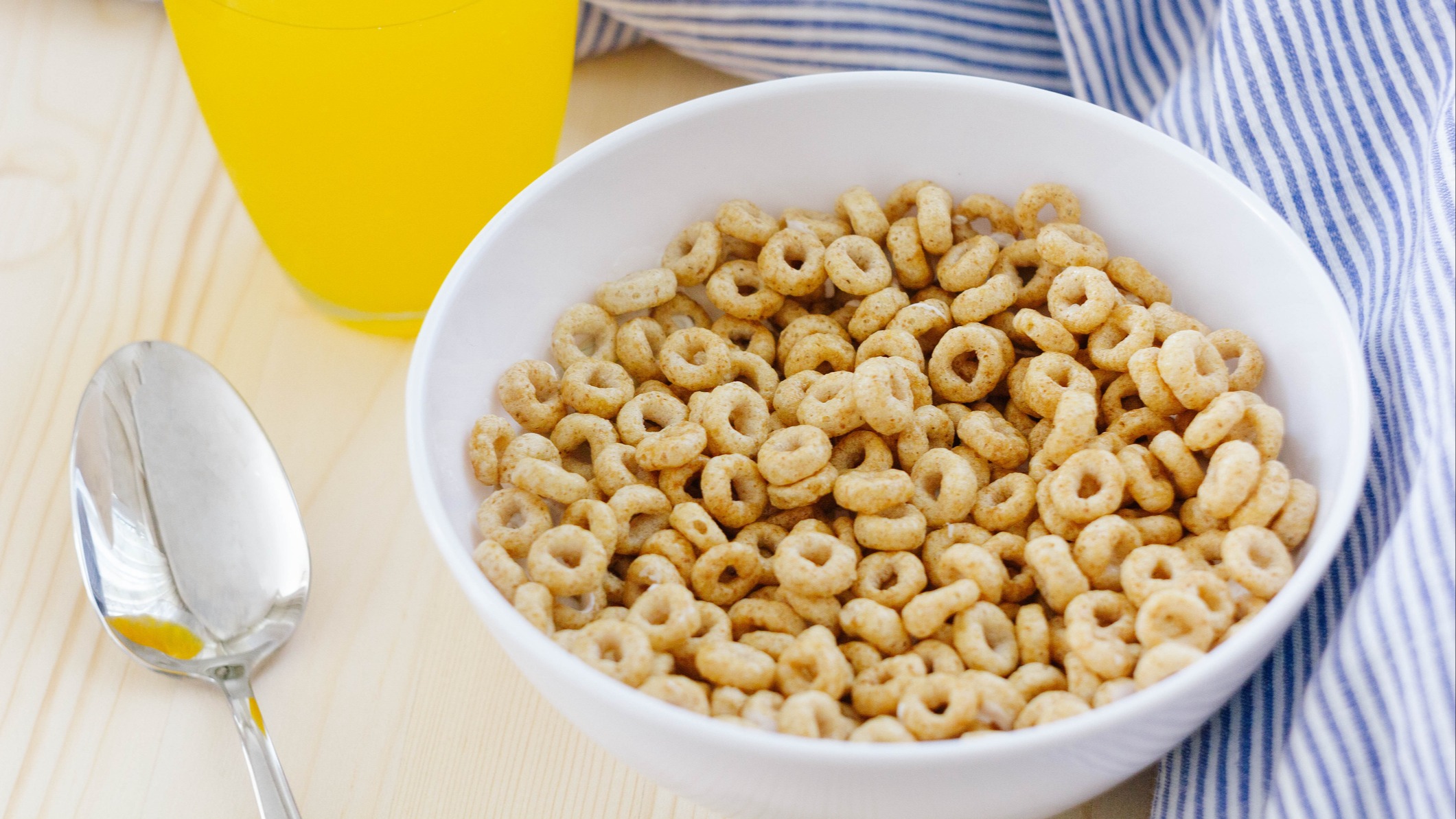
Chlormequat is a pesticide that is not allowed to be used on food crops in the United States, but as of 2018, it is permitted on imported oats. A recent study found chlormequat in many oat-based foods. The study also tested 96 people's urine for chlormequat and found the pesticide in 80% of them. Food Safety Magazine reported that urine samples were tested from 2017 to 2023.
The pesticide was found in a higher percentage of people in 2023, which might mean that people are being exposed to the chemical more than in the past, according to the publication.
The study from the Environmental Working Group was published in the Journal of Exposure Science & Environmental Epidemiology. According to EWG, chlormequat was found in products like Quaker Oats and Cheerios.
There has not been a ton of research done on the risks the chemical might pose to human's health, but the results of the study are still concerning because the chemical has been linked to various health issues in animal studies.
More from LittleThings: Cause Of Death For Bobbi Jean Carter, Sister Of Nick & Aaron Carter, Has Been Revealed
The health issues include damage to the reproductive system, fertility issues, developmental issues, according to Food Safety Magazine and People.
EWG noted that food crops that were treated with chlormequat could not be sold in the US until 2018, when the Trump administration EPA said that imported oats could have "some amount of the chemical." In 2020, that amount increased, also under the Trump administration, according to EWG.
In April 2023, the Biden administration EPA proposed allowing the chemical to be used on crops grown in the United States.
When EWG tested oat-based food products at grocery stores, the chemical was found in 92% "non-organic" products, according to Food Safety Magazine.
According to People, the chemical was found in Honey Nut Cheerios, regular Cheerios, Quaker Instant Oatmeal Maple & Brown Sugar, Quaker Old-Fashioned Oats, and other oat-based products.
Though the chemical was found in many non-organic oat-based products, seven organic products were also tested and only one of them had chlormequat in it.
EWG’s Vice President of Science Investigations Olga Naidenko told the New York Post that people can choose to buy organic oat-based products "since these oats are grown without the use of toxic pesticides such as chlormequat and glyphosate."




